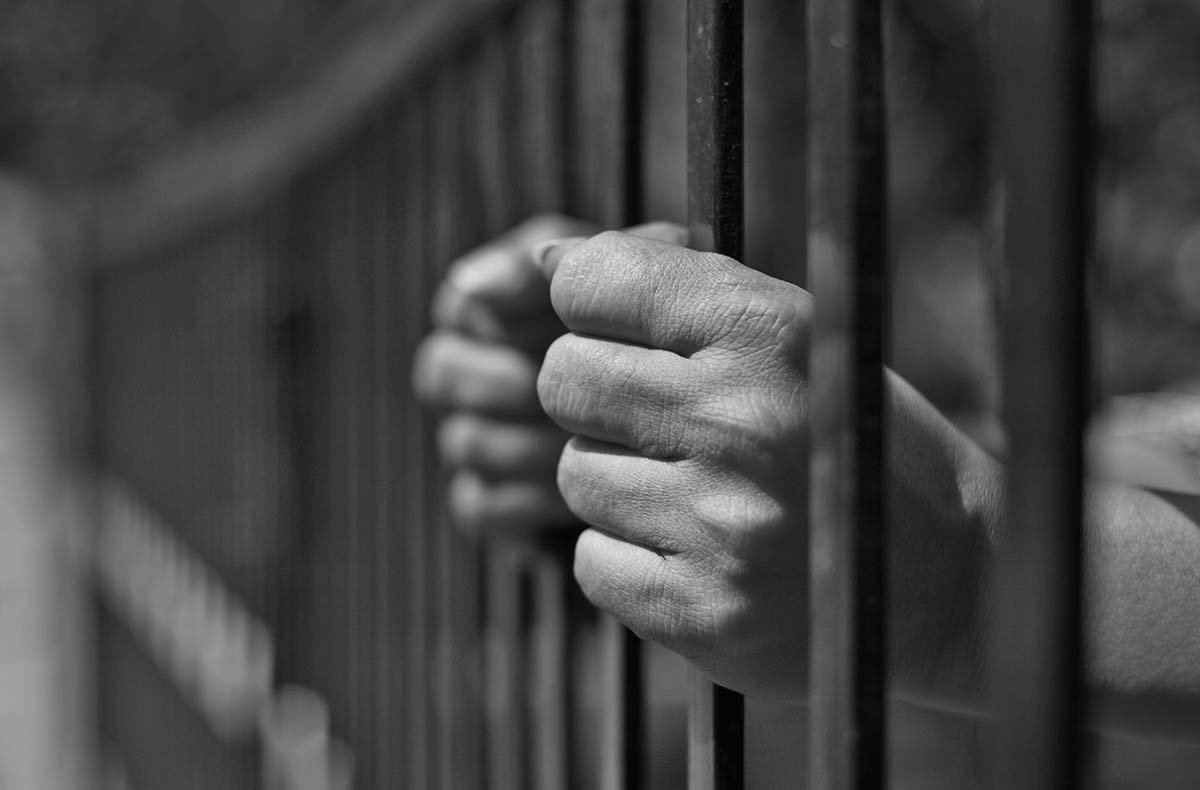
In 2012, Ali Miraj, a banker, and former Tory councilor, founded The Contrarian Prize as a way of recognizing individuals in British public life that have demonstrated independence, courage, sacrifice, and introduced new ideas into the public realm. It also gave freethinkers the kudos they deserved.
It is important to note that being a contrarian is not just about disagreeing with others and having and expressing opinions that are unpopular. It is not even about joining a debate—it is about changing the debate.
I cannot count the times I have been told by well-meaning individuals, “Faith if you want to sit at the table, you need to do XYZ.” They are usually a part of the “don’t upset the apple cart” brigade. These people generally advise that there is a need to conform, accept the status quo, and not complicate matters.
My response to such people is usually, “there’s a bigger and better table to sit at.”
Patrick Minford, winner of the 2017 Contrarian Prize, wrote: “You are not born a contrarian, or even decide to become one. Contrarianism chooses you.”
This sentiment resonates with me, as I, too, was nominated for this prestigious prize. As the Chairman of an Independent Monitoring Board (IMB) of my local prison, I accepted an invitation from Mark Leech, the editor of The Prisons Handbook, to draw on my personal experiences and share my views on the IMB for the 2016 edition. My reasons were not to elevate myself in any way but to get the message out clear and concise that there must be changes, as the prison system in England and Wales was not fit for purpose in its current form. I had seen the crisis within the prison estate firsthand and knew reform was taking far too long. As a vital statutory role within prisons, a monitoring system must have independence, and it most certainly needs to have a voice—and a loud one; the IMB had neither.
Almost as soon as my fingers hit the keyboard the backlash began. Not only did the whole of my board turn against me and demand my immediate resignation, but those in the Ministry of Justice (MoJ) began to plot my downfall behind the scenes. I was threatened, bullied, and ostracized by them, and had to face two investigations as well as a disciplinary hearing. They tried to depict me in a bad light in every way, using prejudicial character assassination while attacking my honesty and integrity.
I refused to resign, so the MoJ suspended me.
And what was I accused of, exactly? Writing an article on prison reform was, in the eyes of the Ministry of Justice, misconduct. Continuing to write about prison reform, in the eyes of the MoJ, was gross misconduct and I was dismissed and banned from the IMB for 5 years.
I was nominated for the Contrarian Prize because, as a consequence of my independence, I fulfilled the criteria for the award. I stood up for what I believed and showed courage in keeping focus on my duties. I had spoken the truth and doing so came at a great personal sacrifice.
As Ali Miraj most aptly says: “How can ideas be tested, refined, and adopted, and how can societies advance if there is no antithesis to the prevailing narrative?” Contrarians widen the scope of debate, yet “…the rewards from challenging the consensus in public debate are rarely obvious.”
While not true of all contrarians, many may be whistleblowers. On a number of occasions, I have met Michael Woodford, the inaugural winner of the Contrarian Prize and former CEO of Olympus. He exposed a $1.7 billion fraud at the heart of Olympus and was sacked for doing so. He had more than most to lose by speaking out.
The negative connotations surrounding whistleblowing, such as being seen as a betrayer or even a backstabber, are not something most would aspire to. Yet these descriptions fail to explain why there are those in the minority that do not conform: they put their head above the parapet, risk their reputation—and often their job—and speak out.
It makes me wonder: largely, have we become a society that would cower rather than stand up? Do we lack courage or integrity—or both?
There is a genuine fear of reprisals that can cause us to retreat and stay silent, and in so doing, we fail to be true to ourselves. Yet it takes more than just determination to be vocal about issues you are passionate about. Unfortunately, when living in such a punitive society, the norm is to shut people down when they don’t conform rather than to listen.
In 2021, Russian journalist Dmitry Muratov, along with journalist Maria Ressa of the Philippines, won the Nobel Peace Prize. Dmitry was honored for his battle in preserving free speech and being critical of the Russian war in Ukraine. In an act of solidarity with the Ukraine people, he recently sold his medal for $103.5 million with the proceeds to help Ukraine child refugees. This is the mark of a very courageous man.
Contrarianism is not about expressing opinions knowingly to just disagree with the majority. To me, it is a vital way of widening the scope of debate. Surely, living in a democratic society, we need to encourage free speech and to be able to express our opinions not in a sense of dominance but in a way of challenging or being a visionary.
Let us not dismiss those that think outside the box or act outside the normal parameters, instead let us embrace their ideas and in so doing may actually learn from them.



